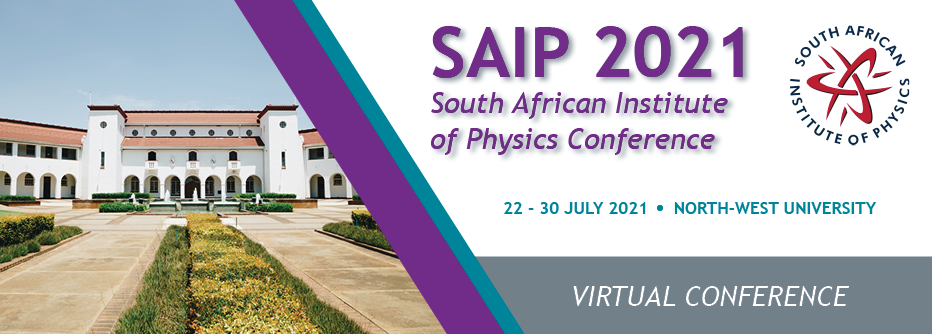Speaker
Description
KM Monareng1, RR Maphanga2,3 and SP Ntoahae1
1Department of Physics, University of Limpopo, Private bag x 1106, Sovenga, 0727
2Next Generation Enterprises and Institutions, Council for Scientific and Industrial Research, P.O. Box 395, Pretoria, 0001
3National Institute of Theoretical Physics, NITheP, Gauteng
Abstract
Machine learning methods have recently found applications in many areas of physics, chemistry, biology and materials science, where large datasets are available. In this paper, machine learning methods are used to predict the formation energies of lithium-ion battery (LIB) materials. Thus, using LIB materials’ properties calculated from density functional theory as an input dataset, as well as feature vectors from properties of chemical compounds and elemental properties of their constituents, different machine learning algorithms are explored in order to predict the formation energies for the battery materials. Models based on different algorithms, i.e., extremely randomized trees, gradient boosting, light gradient boosting machine, catboost and random forest were developed and evaluated. The catboost regressor model was found to be the best model in predicting the formation energies, with accuracy of 0.95 and 0.06 for coefficient of determination and mean square error, respectively. Thus, the features used to predict the formation energies have predictive capability with a high accuracy.
Apply to be considered for a student ; award (Yes / No)?
Yes
Level for award;(Hons, MSc, PhD, N/A)?
Hons

